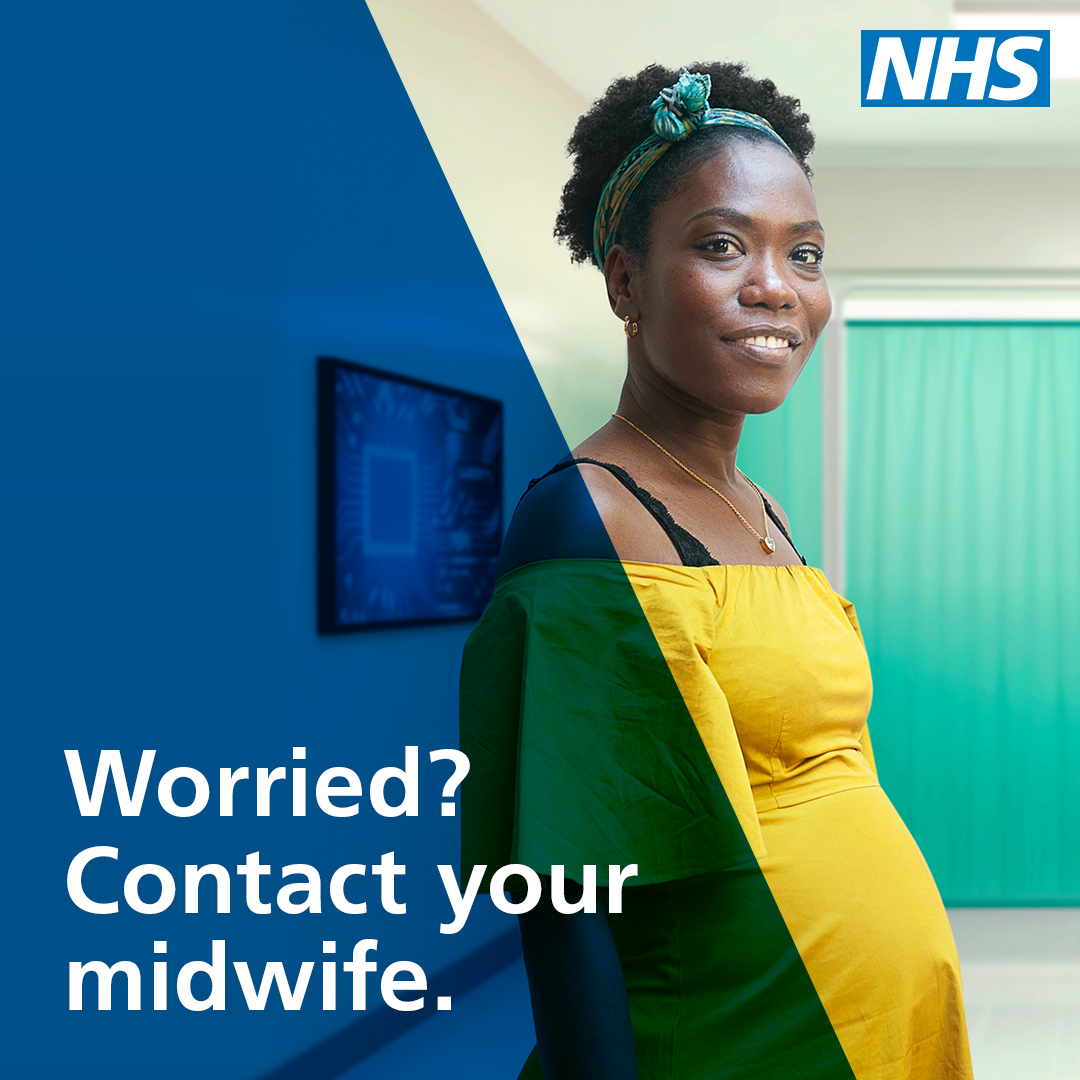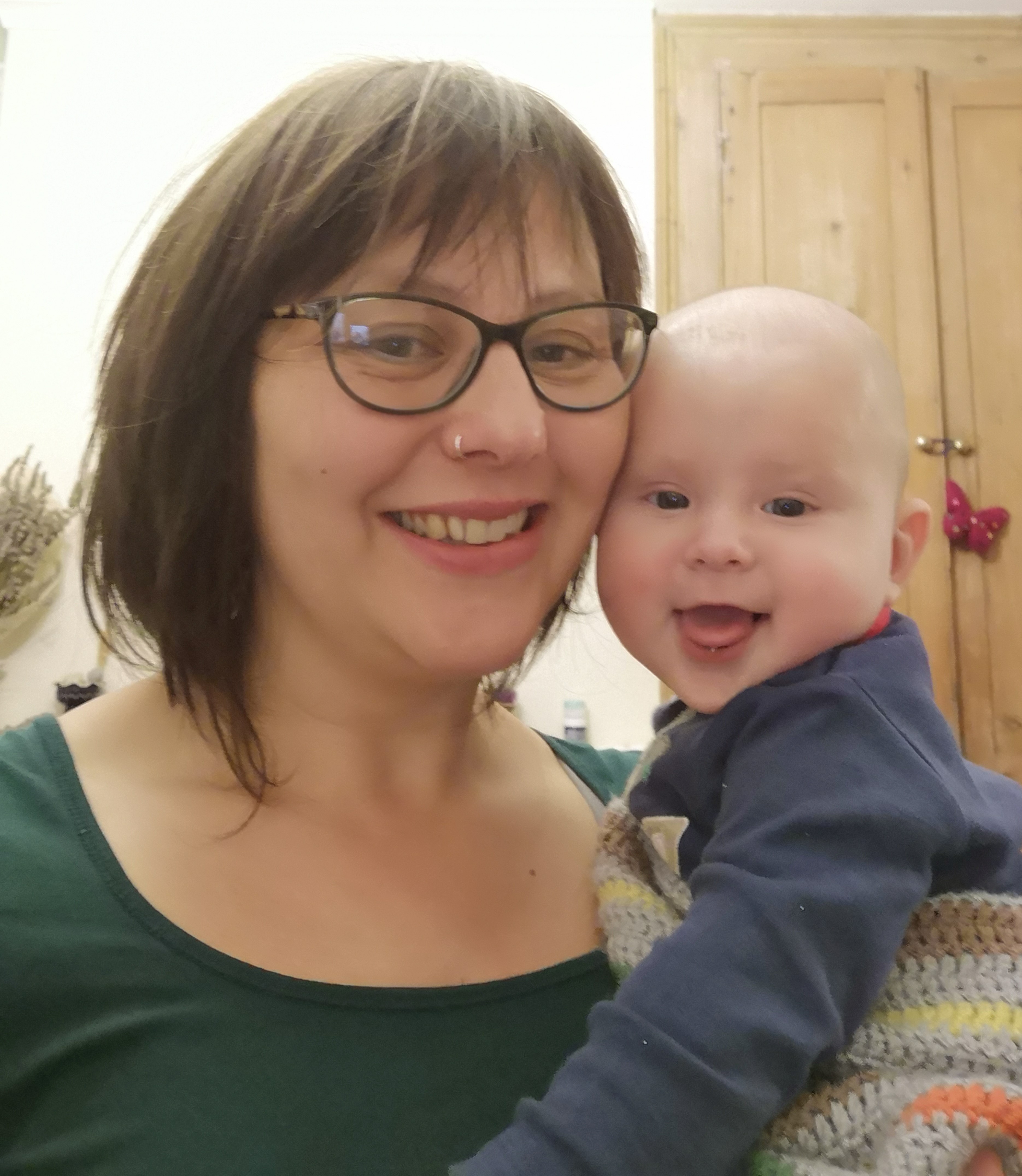







As a pregnant woman from a Black, Asian or minority ethnic (BAME) background, you may feel worried about coronavirus. Your local maternity team is still here to help you, so contact them as you would normally. They will be working together with you and providing you with extra support during this unprecedented time.
Some studies suggest that BAME pregnant woman are more likely to be admitted to hospital with coronavirus than white women, so maternity services have been asked to take extra precautions to keep you safe, which includes prioritising your care and access to services.
It is also important that you take extra steps to protect yourself and follow the advice about how to avoid getting coronavirus. If you think you have coronavirus then alert your maternity team and they will advise you about what to do next.
Remember to attend all your antenatal appointments and seek help early from your midwife or maternity team if you have any concerns about your health or your baby’s health. Get help early so you have the best chance of recovery.
Keep up-to-date with all the latest coronavirus pregnancy and birth advice at www.nhs.uk/pregnancy-and-coronavirus, which has links to helpful resources; including a range of topical videos and leaflets and an animation (see direct links below). Alternatively contact NHS111 or in an emergency dial 999.
Leaflets
A series of NHS coronavirus leaflets for pregnant women and new mums, which have been translated into 11 different languages
Topics include: –
Animation
A helpful animation has been produced and features the Chief Midwife for England, Prof Jacqueline Dunkley-Bent, and National Clinical Director for Maternity, Matthew Jolly. They explain how NHS maternity services have changed during this time and why it is important to keep in touch with your maternity team.
Videos
In addition to the above leaflets, the NHS has collaborated on a series of videos with the ‘Baby Buddy’ app, supported by charity Best Beginnings, to help remind pregnant women about some of the issues that they need to look out for when pregnant. These are especially relevant to women from Black, Asian and minority ethnic backgrounds and both the app and charity have further resources to support diverse audiences.
Jaundice in newborn babies – don’t hesitate to alert your maternity team if you are concerned:


Pregnant women with Type 1 diabetes across Herefordshire and Worcestershire can now benefit from a free monitor from the NHS to enable them to measure their glucose levels continually.
A Continuous Glucose Monitor (CGM) consists of a small device that sticks to the skin, which measures glucose levels continuously throughout the day and night. It is connected by Bluetooth to a reading device and shows trends in glucose levels over time.
Using CGM throughout pregnancy helps women to achieve their best glucose levels and reduces the chances of having a big baby or the baby going in to intensive care after it is born.
Helen Price, Midwife for Herefordshire and Worcestershire Local Maternity and Neonatal System, said: “We’re really pleased to be rolling out free CGMs for all pregnant women with Type 1 diabetes across the two counties.
“High and low glucose levels can affect pregnant women and their babies in pregnancy and importantly the CGM will raise an alert if levels go outside the target ranges agreed with womens’ diabetes and pregnancy team. The information collected by the CGM can also be uploaded and shared with diabetes and pregnancy care teams so that mums-to-be can be supported to review and optimise their treatment appropriately. It will also mean that the information can be shared easily during virtual appointments, which is particularly helpful during the COVID19 pandemic. “
Local mum Faye Wiggins, who has had Type 1 diabetes since she was 19 years old, benefited from CGM in her second pregnancy.
She said: “Being a type 1 diabetic is no walk in the park but when you throw pregnancy and motherhood in the mix that’s when things get really complicated. I have had two children and my first pregnancy was managed with the Flash Glucose Monitoring and my second with Continuous Glucose Monitoring (CGM).
“I truly believe that the CGM is a must have for all Type 1 pregnant women and I really welcome the latest national guidance. This new technology gave me more confidence to be in control and self-manage my blood glucose levels better throughout pregnancy and when breastfeeding.
“The CGM devices can be instantly scanned and alert you when your blood sugars are on the move. This means I could act and adjust my insulin and carbohydrate intake before I had a hypoglycaemia or a hyperglycaemic episode. This reduces the likelihood of ‘roller-coaster’ glucose levels which isn’t great especially in pregnancy and can make you feel unwell and out of control. The alerts enabled me to steer the action needed to try and keep my blood sugar within a time in range which is much better for both my baby and my health in pregnancy.”
The NHS is offering a free CGM to all pregnant women with Type 1 diabetes.
For more information, pregnant women should speak to their specialist diabetes and pregnancy care team about CGM at their next appointment.
For further information about CGM visit www.abcd.care/dtn/CGM.